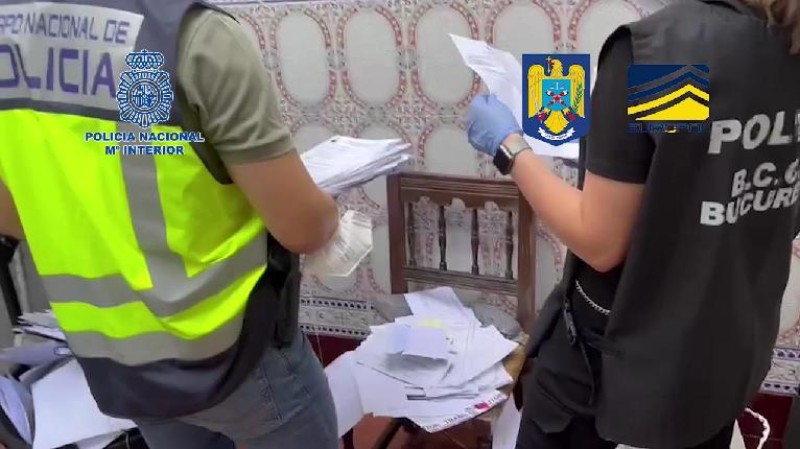Spanish authorities arrested nine suspects and rescued 14 victims who were kept in inhumane conditions. Non-compliance with the traffickers' demands subjected the women to various forms of abuse and humiliation, such as having their heads shaved, being forced to sleep naked outside in winter, facing beatings or whippings with telephone cables, or being compelled to sleep under their traffickers' beds. Another 10 victims were identified in Romania.
During the 2021 investigation, authorities discovered that members of the organization used the "lover boy" technique to recruit their victims.
In the "lover boy" scam, traffickers approach victims through social media platforms, dating apps, nightclubs, or even through family and friends. To gain trust, traffickers shower victims with gifts, declarations of love, and promises of a better life, often convincing them to leave their country and sever ties with their families to assert control.
Europol warned that "anyone can become a victim of this scam," particularly individuals who are financially or emotionally vulnerable.
"Victims are often individuals in a fragile period of their lives or easily persuaded by facilitators," explained the international police agency.
In this case, members of the organization forced victims to sell drugs for them. Profits were laundered through real estate and luxury vehicle purchases, with money subsequently transferred to Romania through banks or agencies.
During the operation, authorities seized four different bladed weapons (a machete, an ax, a butterfly knife, and a switchblade knife with a 19.5 cm blade—approximately 7.68 inches), a vehicle, phones, documents, and cash.
This is not the first time that authorities have uncovered victims of the "lover boy" scam in Spain and Romania. Last year, more than 1.3 million euros (US$1.43 million) in illegal proceeds had been sent to Romania via money transfers and cash couriers" as a result of profits from a sex trafficking ring that also invested in real estate and luxury items.



